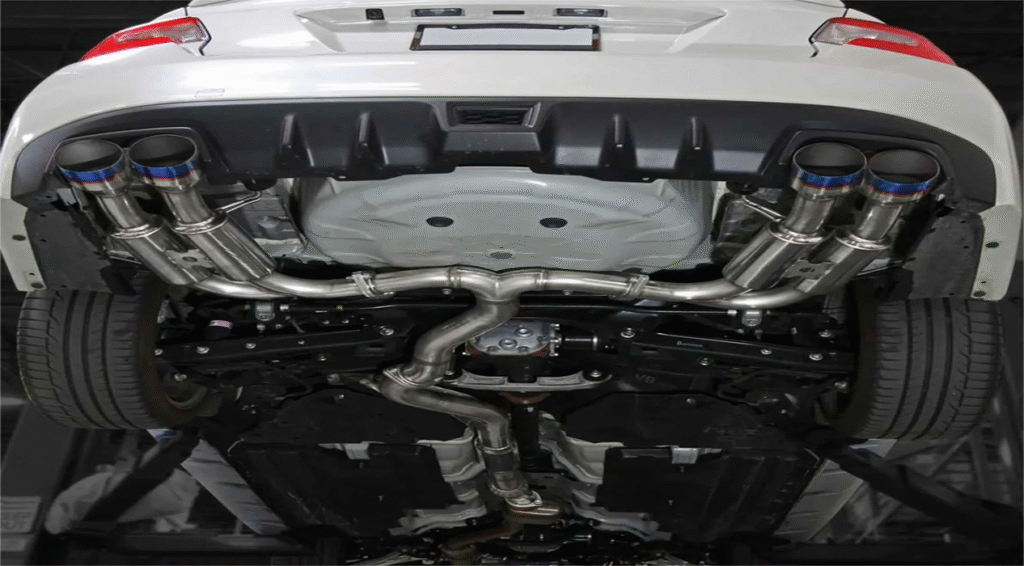Selecting the appropriate air filter for your HVAC system is crucial for maintaining indoor air quality, prolonging the lifespan of your system, and ensuring overall comfort in your home. Air filters are often overlooked, yet they play a significant role in capturing dust, pollen, pet dander, and other airborne particles. With numerous types, ratings, and materials available, homeowners can find the process confusing. Choosing the wrong filter may reduce airflow, strain your HVAC system, or fail to trap contaminants effectively. We will explore how to identify the correct air filter for your system, factors to consider when making a selection, and practical tips for maintaining a healthy and efficient home environment. Understanding the differences between filters can lead to cleaner air, lower energy bills, and fewer maintenance concerns.
Understanding Air Filter Options for HVAC Systems
- Filter Types and Materials
Air filters come in various forms, each designed to trap particles differently. Fiberglass filters are lightweight and inexpensive, primarily capturing larger particles such as dust and lint. While cost-effective, they offer minimal filtration for smaller allergens and pollutants. Pleated filters, made of folded fabric or paper, increase the surface area, which enhances particle capture. These filters can trap smaller particles like pollen, mold spores, and pet dander, making them suitable for homes with allergy concerns.
Electrostatic filters use an electric charge to attract airborne particles, effectively capturing fine dust and smoke. High-efficiency particulate air (HEPA) filters, although not always compatible with all HVAC systems, provide the highest level of filtration, trapping particles as small as 0.3 microns. When choosing a filter, it is essential to consider the balance between filtration needs and the system’s airflow capacity, as highly restrictive filters may reduce efficiency or cause damage. Consulting a reliable HVAC contractor in Phoenix can help ensure that the selected filter meets both your air quality requirements and your system’s specifications.
- MERV Ratings and Their Significance
The Minimum Efficiency Reporting Value, or MERV rating, indicates a filter’s ability to capture particles of varying sizes. Ratings typically range from 1 to 16, with higher numbers indicating finer filtration. For standard residential HVAC systems, filters with MERV ratings between 8 and 13 provide adequate protection against dust, pollen, and pet dander without significantly affecting airflow. Filters with higher ratings, often used in hospitals or laboratories, can trap bacteria and viruses but may place additional strain on household systems. It is essential to select a MERV rating that aligns with your HVAC system’s capacity and your household’s air quality requirements.
For instance, homes with occupants suffering from allergies or respiratory conditions may benefit from a higher MERV filter, while homes with standard needs may prioritize airflow and energy efficiency. Understanding the implications of different ratings ensures that the chosen filter meets your specific needs without compromising system performance.
- Considerations for Household Needs
Every home has unique requirements based on occupancy, lifestyle, and environmental factors. Homes with pets often accumulate dander and hair, necessitating filters with higher particle-trapping capacity. Households located in areas with high pollen counts or dust may also require filters capable of capturing finer particles. In contrast, homes with fewer occupants and minimal allergens might prioritize energy efficiency and cost-effectiveness over high-level filtration.
It is also important to consider the HVAC system’s specifications, as not all units can accommodate dense or high-MERV filters. Consulting the manufacturer’s guidelines or reviewing system manuals can prevent potential airflow issues and maintain optimal performance. Evaluating these factors carefully allows homeowners to choose a filter that balances filtration effectiveness, comfort, and operational efficiency, ensuring cleaner indoor air without placing undue strain on the system.
- Maintenance and Replacement Frequency
Regular maintenance and timely replacement of air filters are critical to keeping an HVAC system operating efficiently. Over time, filters become clogged with dust, debris, and other particles, reducing airflow and increasing energy consumption. Most filters require replacement every 30 to 90 days, depending on the type, usage, and household conditions. Homes with pets, smokers, or high dust levels may need more frequent replacements, while less active households can extend the interval.
Keeping a maintenance schedule ensures that the system continues to circulate clean air while preventing unnecessary strain on components like fans and coils. Monitoring the condition of the filter and observing changes in airflow or indoor air quality can also help determine when replacements are necessary. By maintaining filters diligently, homeowners can prolong the life of their HVAC system and maintain a comfortable and healthy indoor environment.
- Environmental and Health Benefits
Choosing the right air filter has a direct impact on indoor air quality and overall health. High-quality filters can significantly reduce airborne contaminants, which is especially important for individuals with allergies, asthma, or respiratory conditions. Clean air contributes to better sleep, reduced irritation, and a healthier living space. Filters that efficiently trap pollutants also prevent the accumulation of dust and debris within the HVAC system, reducing the risk of mold growth and microbial contamination. This proactive approach not only protects the occupants’ health but also reduces the likelihood of costly repairs or early system failures.
Additionally, improved air quality can enhance the performance of heating and cooling systems, as clean components operate more efficiently. Selecting and maintaining appropriate filters is an investment in both personal well-being and the longevity of the HVAC system, highlighting the importance of thoughtful choices.
Selecting the right air filter for an HVAC system is more than a routine maintenance task; it is a crucial decision that impacts air quality, system performance, and household comfort. Understanding the differences in filter types, MERV ratings, and household requirements allows for an informed choice that balances filtration efficiency with operational efficiency. Regular maintenance, timely replacement, and careful consideration of environmental and health factors further enhance the benefits of clean air. By prioritizing air filter selection and upkeep, homeowners can safeguard their HVAC system and create a cleaner, healthier indoor space for years to come.


